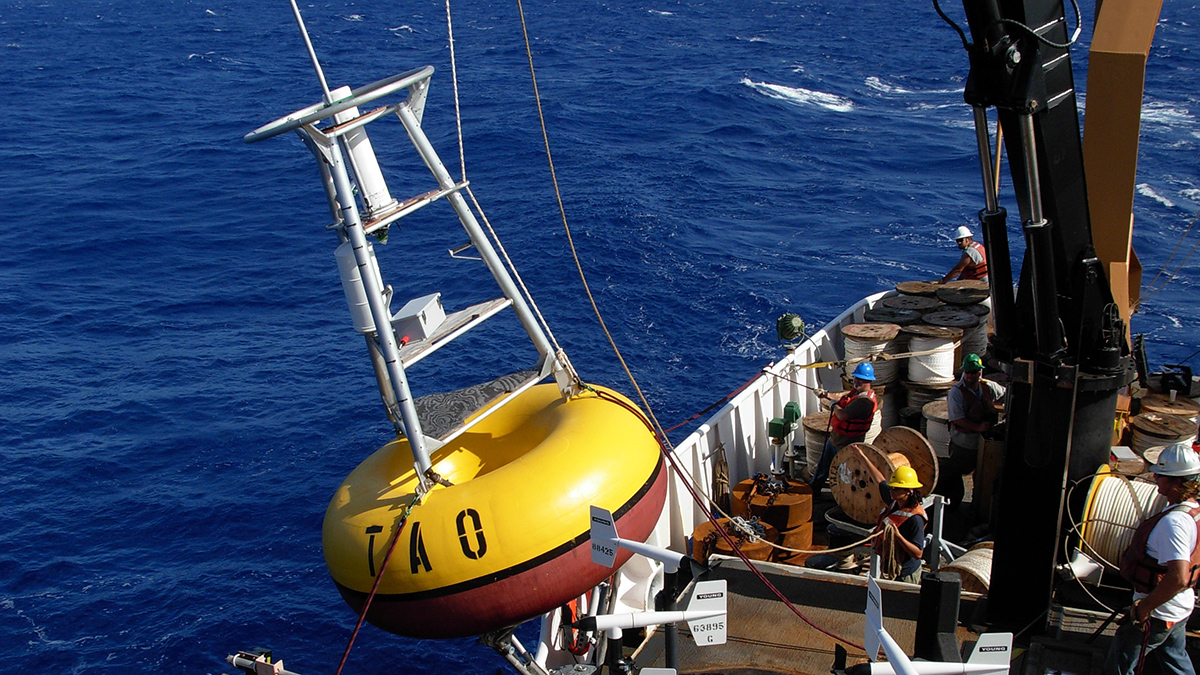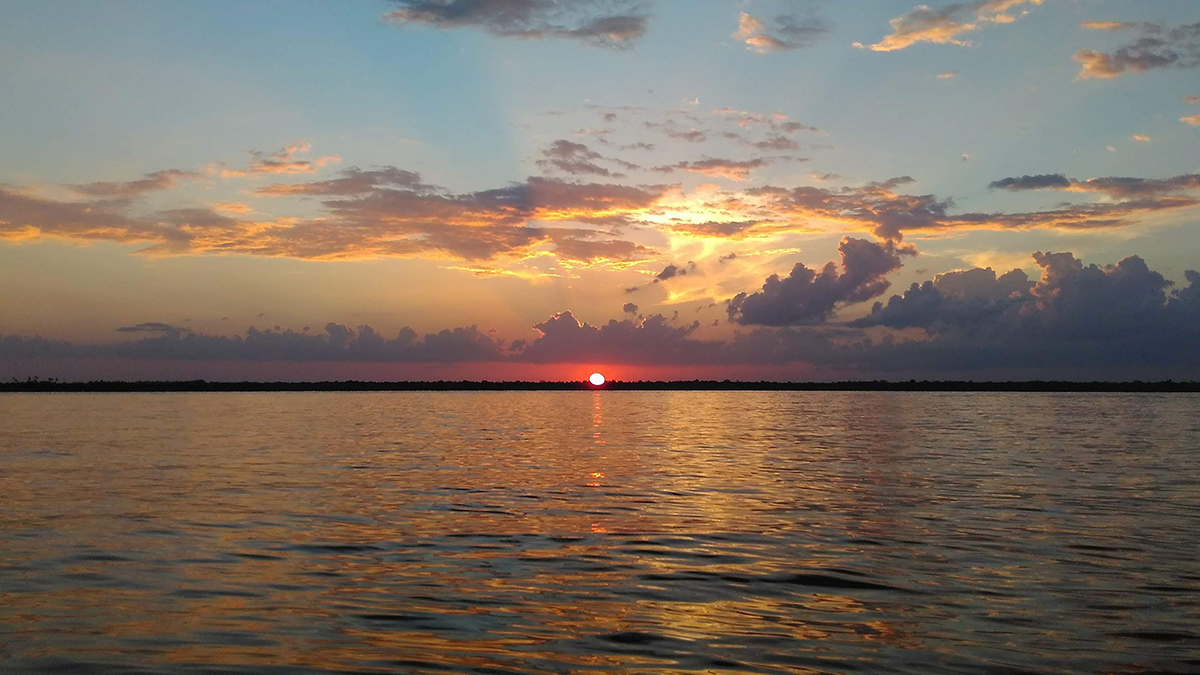A 3D printed model of a fault served as the setting for a hydrofracturing experiment exploring the mechanisms behind slow earthquakes.
Aaron Sidder
Aaron Sidder is a freelance writer based out of Denver, Colo. He has a master’s degree in ecology from Colorado State University. Aaron was an AGU-sponsored AAAS Mass Media Science & Engineering Fellow at National Geographic in 2016, and he has been writing for Eos ever since. In addition to Eos and National Geographic, he has written for National Geographic Kids Magazine, Smithosonian Smart News, 5280 Magazine, and the Santa Fe Institute. In his free time, he cultivates an extensive—and growing—collection of field guides from around the country.
Measuring Methane Stemming from Tree Stems
Wetland tree stem emissions have emerged as a significant contributor to the global methane budget. A new study tracks how they vary by season, location, and hydrological conditions.
Bolstered by Buoys: Predicting El Niño
Scientists investigate the importance of a Pacific buoy network in monitoring and predicting the El Niño–Southern Oscillation.
Machine Learning Highlights Ways to Improve Flood Mitigation
New research shows that home flood insurance coverage is often a reactive purchase in response to flooding, while top-down policies that focus on community resilience may offer more robust protection.
Earth’s “Third Pole” and Its Role in Global Climate
The Tibetan Plateau is a major force in the global climate system and a hot spot for climate change. A new review summarizes the state of knowledge and identifies research needs related to the region.
Talc May Make Mexico’s Subduction Zone More Slippery
Production of the weak, water-bearing mineral at the interface between the Cocos and North American Plates could contribute to the occurrence of poorly understood episodic tremor and slow slip.
Biogeochemical Insights from a Major Amazonian River
Underrepresented in global carbon budgets, tropical rivers like Brazil’s Tocantins are in need of study to establish their baseline characteristics in the face of increasing global change.
Thin Skin Helps Regulate Ocean Carbon Uptake
Cooler and saltier than even the water just below it, the ocean skin plays a critical role in ocean-atmosphere gas exchange.
A Symbiosis Between Agriculture and Solar Power
A growing population requires more food and energy, which compete for limited space…unless they don’t.










